General Management
Overcoming literacy difficulties requires a very specific set of specialized practices.
Each child is different and therefore the struggles they experience can present differently as well as have very different emotional and academic impacts. Literacy Care recognizes this and has developed a service delivery model that is firmly based on scientific evidence and many years of professional practice.
Customization and Response To Intervention
The intervention is re-customized each week based on the ‘Response to Intervention’ principle. One size does not fit all. We teach children not programs and this demands a level of individualization that cannot be attained by merely implementing an ‘off the shelf’ program. This means that while the program remains prescriptive and systematic it also is eclectic and flexible which allows for high levels of individualization. This is the essence of clinical education and why our outcomes are so high.
Individualization
Clinicians see children individually (No Groups). It is vital that a parent accompanies the child at each consultation. The clinician remains the same for the entire intervention.
Dynamic Not Static
The treatment and management process is dynamic. This means that the various aspects of the intervention such as consultation number, goals and type and volume of work may be altered as the intervention advances. It also means that practical and functional changes in behaviour or performance at home or at school are considered during the intervention.
‘Train the Trainer’ Model
A parents’ involvement in their child’s education is essential.
At Literacy Care we make sure that parents not only learn a lot about their child’s difficulty and the way they learn but become actively involved in producing solutions.
Parents who participate in the intervention process become knowledgeable and skilled in how to teach and support their child in an ongoing way.
Outcome Driven
The treatment and management process is outcome driven. This means that we work on a test and retest basis to ensure that the child is ‘uptrending’ toward the predetermined goal.
Specialized Resources
The physical resources and our place of operation are highly specific to children with dyslexia, memory and attention difficulties.
Post Intervention Advancement
The treatment and management process does not conclude at the last consultation. Rather the child is given a planned 3 month recess where they are asked to read but deliberately not engage in any strategic work. Following this the child is reassessed. This is important as it allows clinicians to measure whether the child is still advancing at the same rate without intervention as they did when undergoing intervention. In 90% of the cases the child continues to uptrend just as strongly 3 months later. This is also the case at 6 months and at 12 months post intervention depending on the age of the child. Older children tend to uptrend for longer. For the other 10% they normally continue to up trend but perhaps not quite as strongly. For a few children it is appropriate to continue intervention.
The TRAMLIP Approach
A range of factors need to be coordinated together to ensure that both the mental health and the academic ability of a child with Dyslexia or learning differences is effectively managed. The following article, discusses 7 factors essential to a balanced approach: the TRAMLIP Approach
Interventions Offered
The highly specialized work that Literacy Care provides within the Child Development Network allows for the provision of an equally specific set of customized interventions.
Interventions are Offered in Five Broad Categories
1. Reading, Spelling and Fluency
2. Communicative Writing
3. Comprehension
4. Study Skills
5. Neuroplasticity Training
Reading, Spelling and Fluency
This intervention is divided into three delivery methods
-
-
- Weekly Consultations
- Short and Medium Run Intervention (one or two terms in duration)
- Guided Literacy Intervention (READCARE) – for ‘distant’ students
-
– Weekly Regular Intervention
These students usually attend weekly face to face appointments with follow up work to be completed at home.
– Short and Medium Run Intervention
This intervention is reserved for students who for whatever reason are not considered eligible for the other categories of treatment. The most frequent reasons are:
- The child is considered too young or too immature for the demands of an intense literacy intervention but who are still of sufficient age to learn to read
- The child’s predicament is so unpredictable (such as is the case with severe difficulties) that it is decided that some significantly modified work done in the home will assist in identifying needs and goals better
– Guided Literacy Intervention – READCARE
READCARE is for students who live too far away from Literacy Care to make regular visits viable. Therefore a special kit has been formulated that delivers literacy services in the form of physical, telephone, internet and email based resources. Generally speaking students must live over an hour away in normal traveling time to qualify.
Communicative Writing
“Writing is Exciting”! This intervention is for students who are in grades 5 to 7. Its essential focus is to develop the student’s skills in producing a range of written texts that are required by the curriculum. It particularly focuses on argumentative and persuasive text creation but also develops imaginative, descriptive and creative writing skills.
Comprehension
Comprehension is such an essential literacy skill that it must be studied in at least three parts. This intervention focuses on the traditional areas of Literal (Reading on the Lines), Interpretive or Inferential (Reading Between the lines) and Applied (Reading beyond the Lines). It looks at developing reading comprehension Before Reading, During Reading and After Reading. It also looks at written comprehension (responding in writing) and improving comprehension through writing.
Study Skills
This intervention is specific to High School students. It looks at practical aspects of task and time management as well as the difference between homework and study. It develops ‘general during term’ study skills as well as specialized methods for remembering information and preparing academically and mentally for exams.
Neuroplasticity
Literacy Care is a COGMED Qualified Coach. Find out more about Cogmed and working memory training.
Clinical Education
‘Clinical Education’ is the term given to any set of specialized educational practices that are delivered in a clinical setting. The term ‘Clinical Education’ has certain implications.
It implies that:
- the person delivering the services has specific and recognized qualifications and experience in the defined area of service delivery. (Literacy Intervention Specialist);
- services will be delivered according to a consultation model ( one on one, individualized, specific setting etc);
- the intervention represents a course of treatment for a defined problem or set of problems that culminates when certain predetermined goals are reached;
- the clinician is responsible as a person for using their unique set of skills and resources to effectively manage and overcome the problem or set of problems for the candidate.
Clinical Education is not:
- Private Tutoring
- A tutoring or study centre
- General in nature
- School subject specific like English, Mathematics, etc
- Administered by General Practicing Teachers (Classroom Teachers)
Senior High School Services
Literacy Care also provides a successful assessment and documentation process for high school students to assist them in their application for the following:
- Special Provision for QCS tests
- QTAC application for Tertiary Study
- Disability Support Services at TAFE or University


